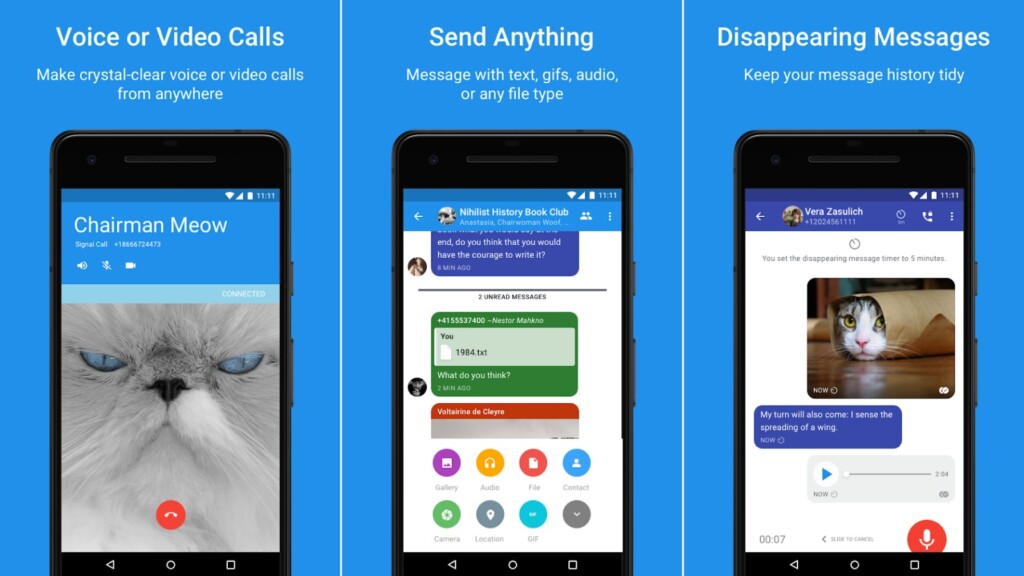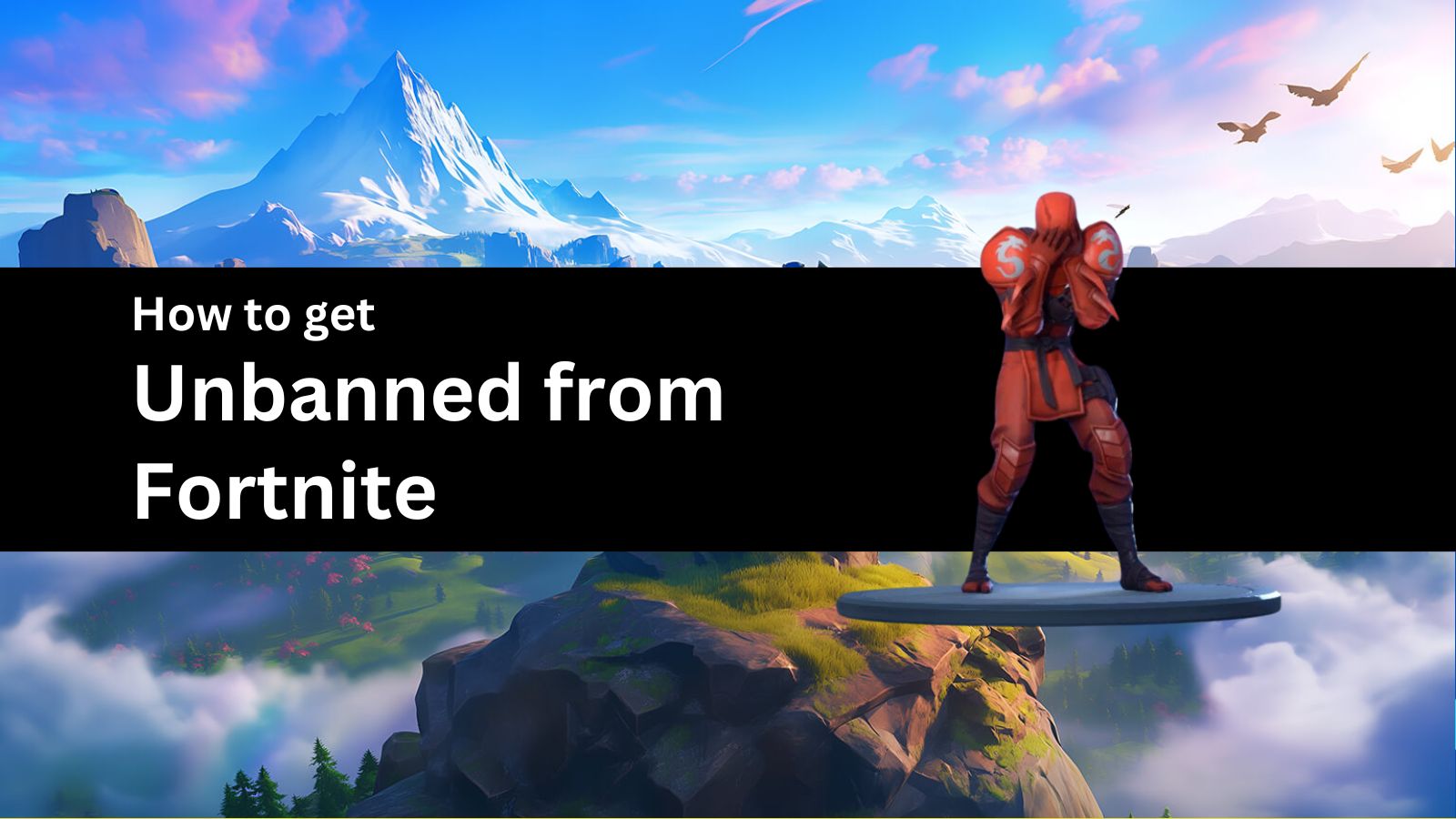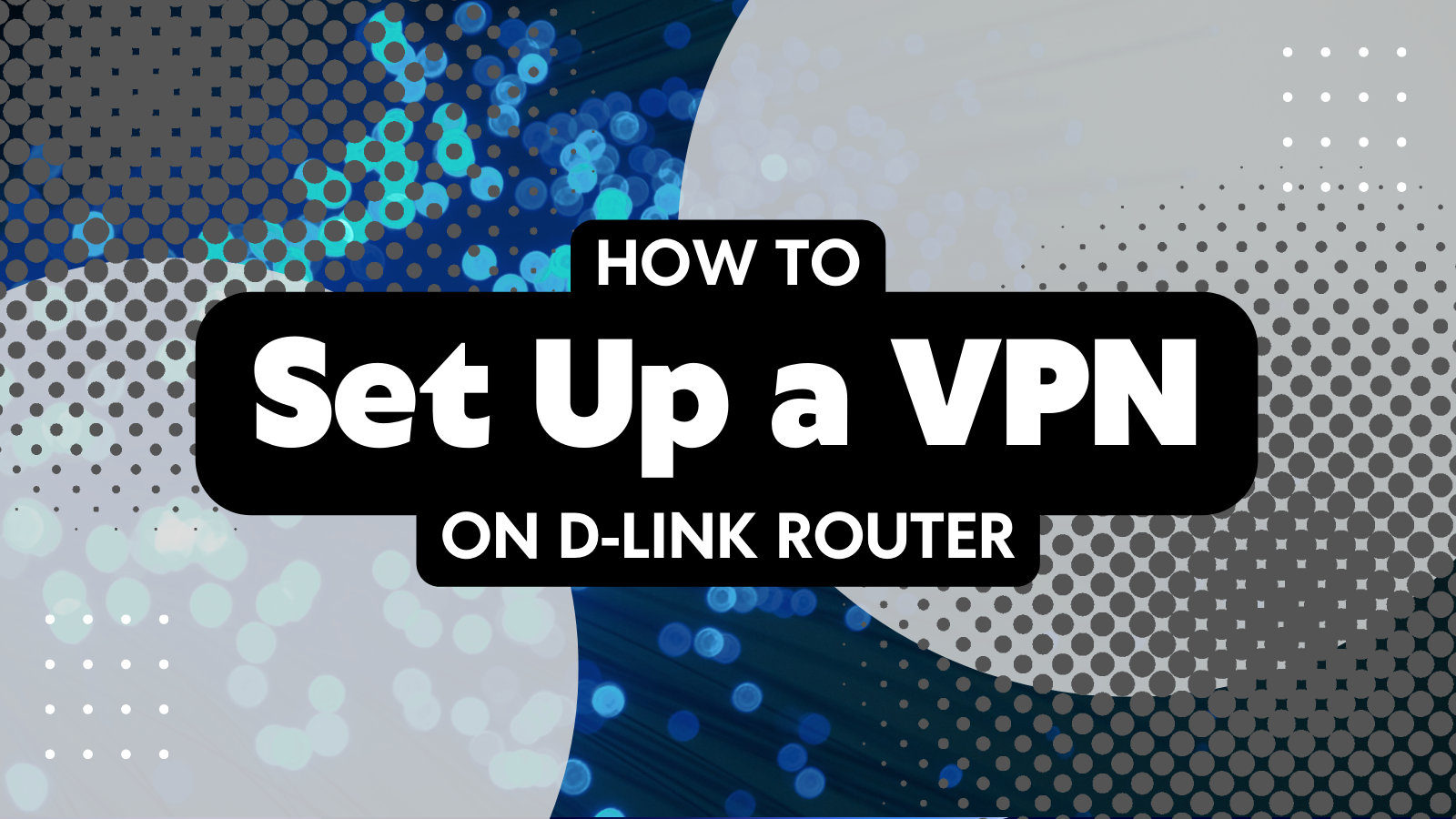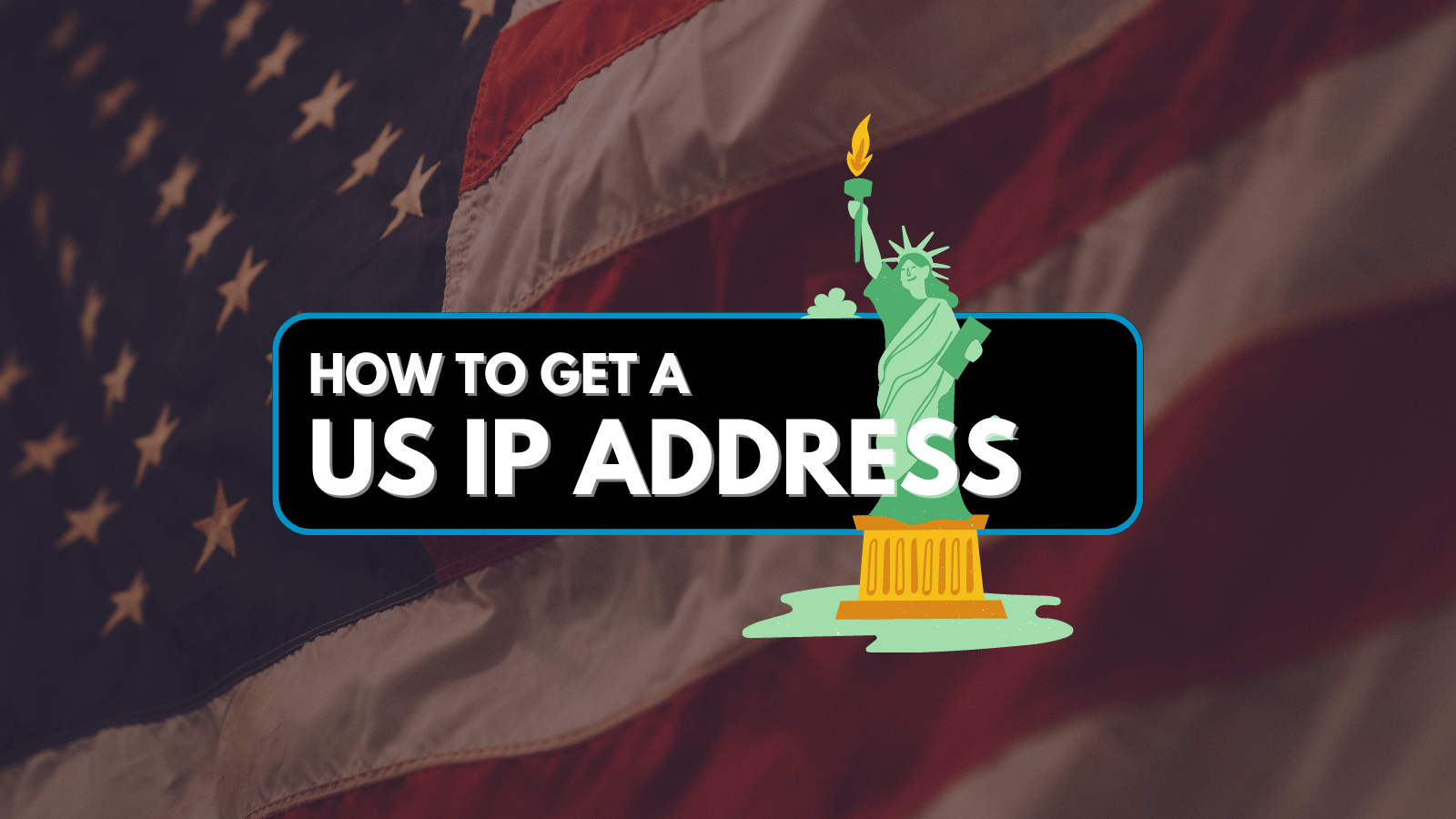
When you purchase through links on our site, we may earn an affiliate commission. Here’s how it works.
How Dark Web Communication Works?
When users connect to the Dark Web, they are usually doing so using a service such as Tor. The whole point of Tor and other similar technologies is to protect the identity and origin of every user. So whenever you encounter another real human being (as opposed to a static website) you have no idea who they are, nor do they know who you are.
Still, most of what happens on the Dark Web requires that two or more people are able to speak with each other. Which brings up the interesting question of how this is done. What technologies are used and if you do speak with someone on the Dark Web directly, how can you protect yourself? We'll look at the answers to these questions below.
Email? Really? Yes really! Sending text across the web is probably the oldest form of communication across the internet, but it's still incredibly popular and emails are the backbone of many services that require logins or registration.
Basic email is of course not encrypted, it needs additional encryption to make sure that anyone intercepting the message can't read the content. Technologies like HTTPS and PGP are two examples of how text communication can be secured.
Forums
Forums are perhaps one of the oldest forms of direct communication on the internet, much less the Web or the Deep Web. You can go all the way back to early bulletin board systems where people could log on with their dial-up modems and then leave each other messages. Many a geeky hobbyist has whiled away the small hours of the night chatting with people around the world this way.
A forum is pretty easy to get up and running. There are a few open source forum solutions that just about anyone can install on a web server and start offering to users. In a Dark Web context this sometimes means hijacking a legit web server, such as one at work, and porting it through Tor. Which is why Dark Web servers go down suddenly when system administrators discover that this has been done.
Live Chat Sites
There was a time in the 90s and for much of the 2000s where IRC or Internet Relay Chat (such as mIRC) was incredibly popular. Unlike a forum, users were online at the same time and could speak with each other via text chat in real time.
IRC has fallen out of favor, however, because just about every social media platform and mobile phone offers something that does this job, but with more bells and whistles. Apple has iMessage, just about everyone has Whatsapp and many websites make use of chat applets to allow people who are online to speak with each other whenever they want to.
On the Dark Web, you'll find dedicated websites hosting chat software. People can log in and have conversations with each other anonymously, either privately or in a publicly visible chat room.
Marketplaces
You may have heard of Dark Web marketplaces where everything from mundane items to narcotics are sold. Markets act as a system where sellers and buyers can securely and anonymously exchange goods and money, usually in the form of cryptocurrencies like Bitcoin.
Obviously, they will need to talk to each other to negotiate deals. Which is why many marketplaces also provide chat and messaging tools as part of the total service. They protect both sides of the transaction and act as a neutral facilitator. It works because its in the interest of all three parties that it does work. Everyone benefits, so dishonesty is less likely, but not unheard of!
VOIP and Messaging Apps
Source: Memeburn
In some cases, Dark Web communication doesn't happen on the Dark Web at all. The rise of apps that let you talk to people using end-to-end encryption has made them a viable alternative. Signal and Telegram are two good examples of this. Once initial contact is made on the Dark Web itself, people may shift over to these apps.
End-to-end encryption means that not even the company hosting the conversation has any idea of what's being said. It's a pretty secure way of talking about, well, anything. Without fear that someone may be spying. Just keep in mind that you have no idea who the person on the other end really is, despite what evidence they may provide. No encryption is going to protect you against being fooled.
The Necessity of VPNs When Communicating on the Dark Web
While using Tor means that the actual content of your Dark Web communication is hidden, that's not enough. Just the mere fact that you are connected to the Tor network may already put you under the watchful eye of your ISP or the government. The only way to keep those two entities out of your business is to use a VPN. This masks your connection to the outside world, making eavesdropping all but impossible.
Look Who's Talking Now
Although the Dark Web may be relatively small, there are many people who converse using its technology every day. Some do this for illegal purposes, but many do it because they value their privacy or just want to experience interesting and niche conversations you'd never find on the clearnet.
Have you ever had a chat on the Dark Web? What was it like? Let us know in the comments. Lastly, we’d like to ask you to share this article online. And don’t forget that you can follow TechNadu on Facebook and Twitter. Thanks!














